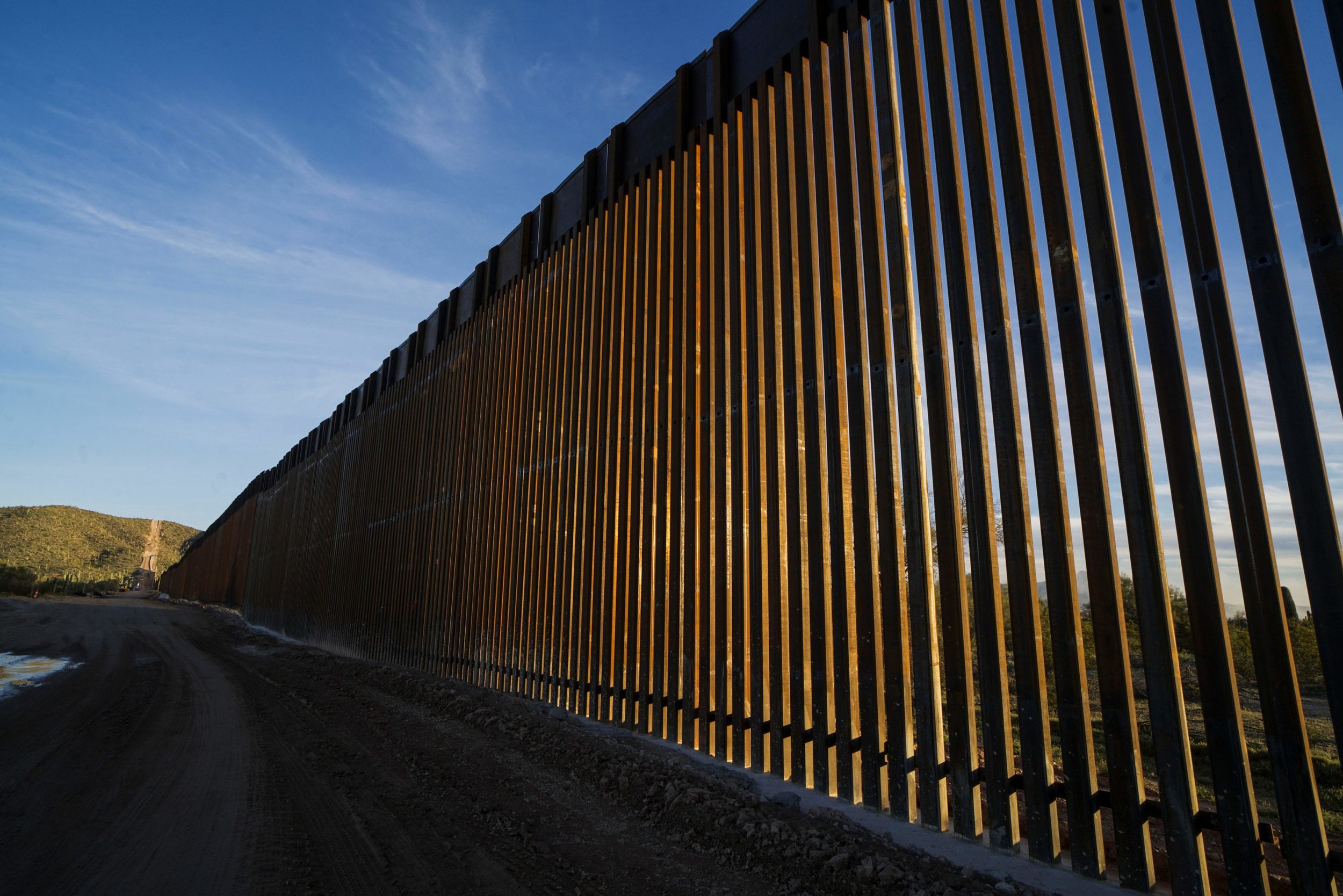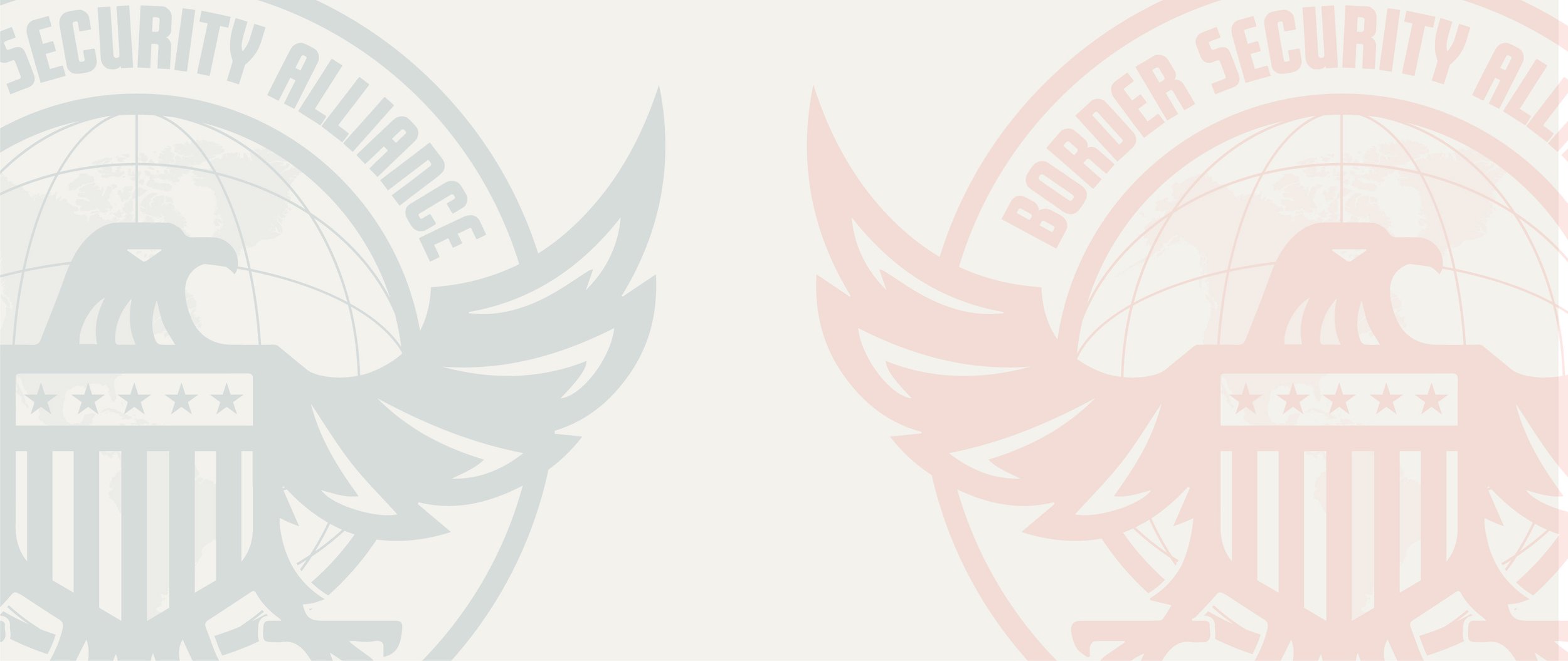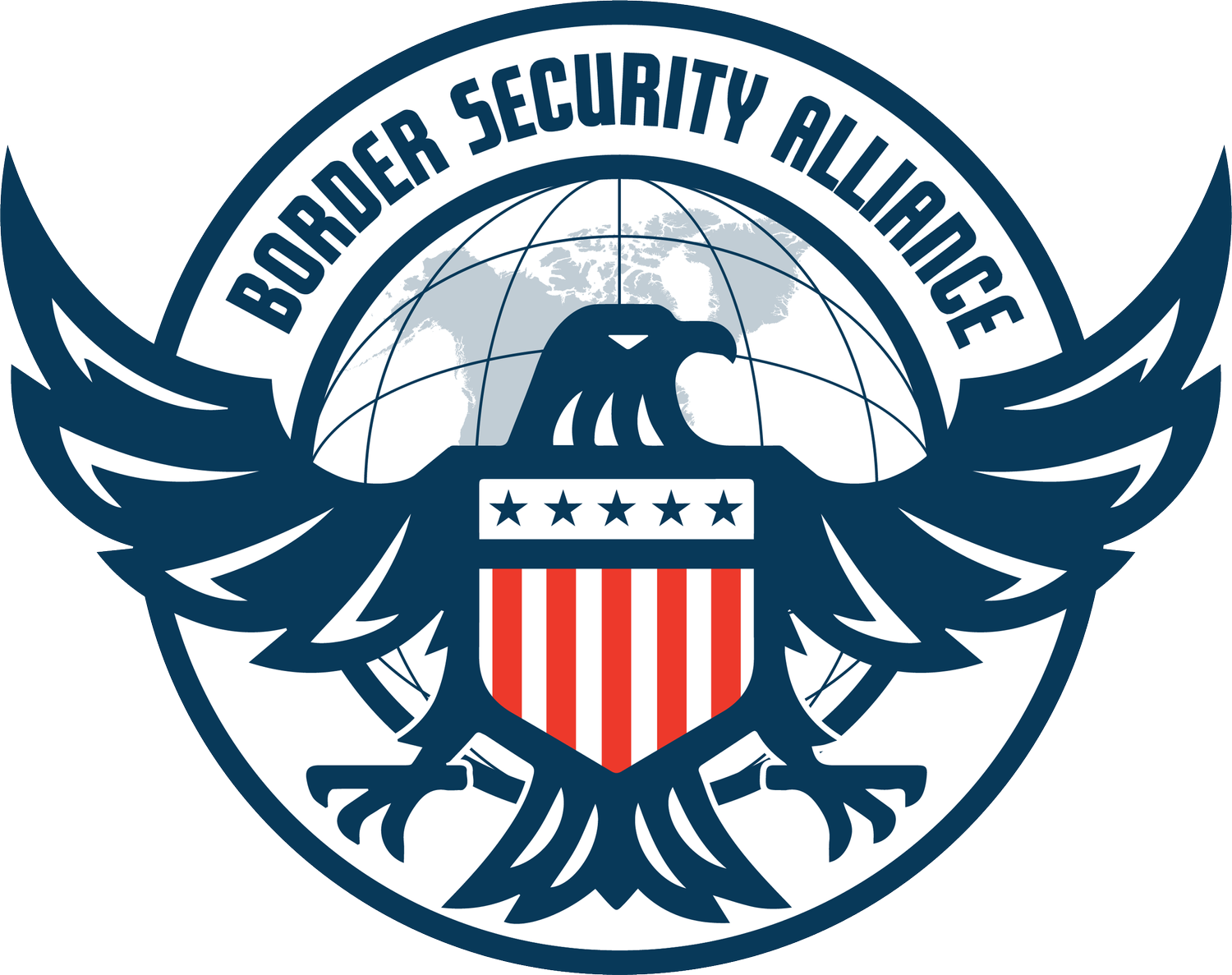
PRotect our nation.

OUR MISSION
The Border Security Alliance promotes social welfare by advocating for public policies to secure the northern and southern borders, support border patrol and law enforcement, combat human trafficking, drug smuggling, illicit tobacco trade, and protect local communities.
Who we are
The Board Security Alliance is made up of elected officials, law enforcement officers, and local leaders who care about their communities.
Where we are
The Board Security Alliance is working to secure both the Nothern and Southern US borders. Check out states where BSA has leading advocates.
Issues
Secure the northern & southern borders
Support border patrol & law enforcement
Combat drug trafficking
Protect local communities
Combat illicit trade
Combat Human trafficking

The numbers…

National Illegal Immigrant Encounters by Border Patrol
Southern Border Illegal Immigrant Encounters by Border Patrol
Northern Border Illegal Immigrant Encounters by Border Patrol
National Drug Seizures by Event
allies
The Board Security Alliance has the support and trust of numerous law enforcement associations on the front lines of public safety.






